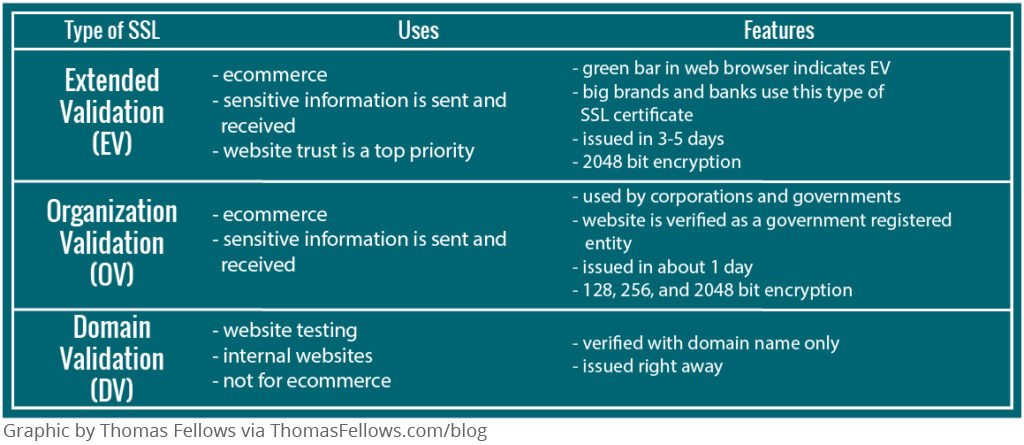What is an SSL Certificate?
In broad terms, SSL (Secure Sockets Layer) is additional security for your website and its visitors. An SSL Certificate creates an encrypted link between the web server and a browser. This connection safeguards the data passing between them, keeping it private and secure from malicious attempts to eavesdrop, alter data, or impersonate your website. Although it is not listed as a GDPR requirement, an SSL certificate provides an additional layer of security for your website and is highly encouraged.
A quick way to check whether or not you have an SSL Certificate installed already, is to look at your website url. If it begins with “https” then you are all set, but if it is “http” you should keep reading.
Why you need an SSL Certificate
Here are just a few reasons why you should consider an SSL Certificate for your website:
– Data Privacy: an SSL certificate adds privacy protections for you and your website visitors through data encryption.
– Secure Payments: If your website has ecommerce features, an SSL Certificate is a critically important component in preventing data breaches and safely processing online payments.
– Google Organic Search Ranking: The industry standard is moving toward the eventuality that all sites will need SSL certificates or they will be flagged as “Not Secure” by Google. Websites without SSL Certificates can be marked down in SEO ranking.
– Brand Trust: When an SSL certificate is installed, most browsers display a note letting visitors know that the site is secure.
For example, in Chrome there is a green lock icon next to the word, Secure.
![]()
If you do not have an SSL Certificate, there may be times when potential visitors are scared off by a warning message informing them that your website is “not secure” or “the connection is not private.” This type of message can occur when they first arrive at the website or when they are filing in a form or payment field.
How to Get an SSL Certificate
By now you should have a good understanding of the benefits of installing an SSL certificate for your website. So, where to start? Most hosting companies offer SSL Certificates as add-ons to your plan and often offer installation assistance.
There are several different types to choose from and the right option will depend on your website set up.
It is also possible to purchase an SSL certificate from a third party vendor, but you will need some technical know-how to ensure it meets your site’s requirements, is compatible with your business’ needs, and is properly installed.
